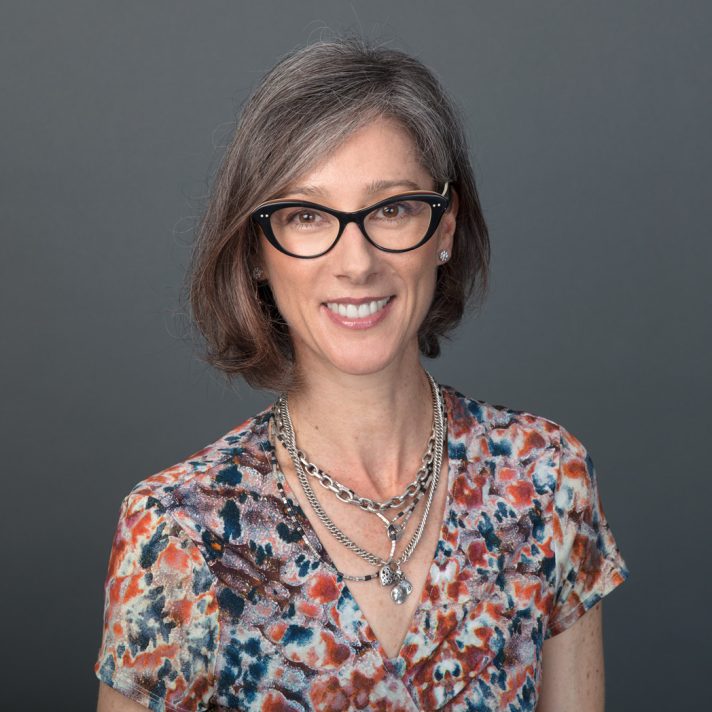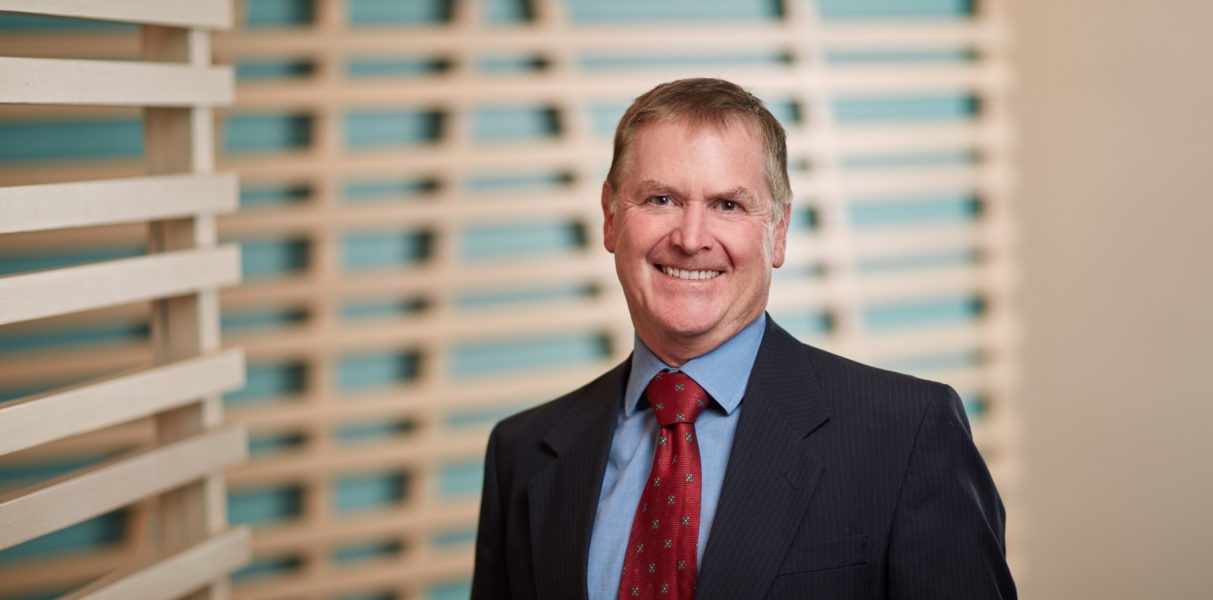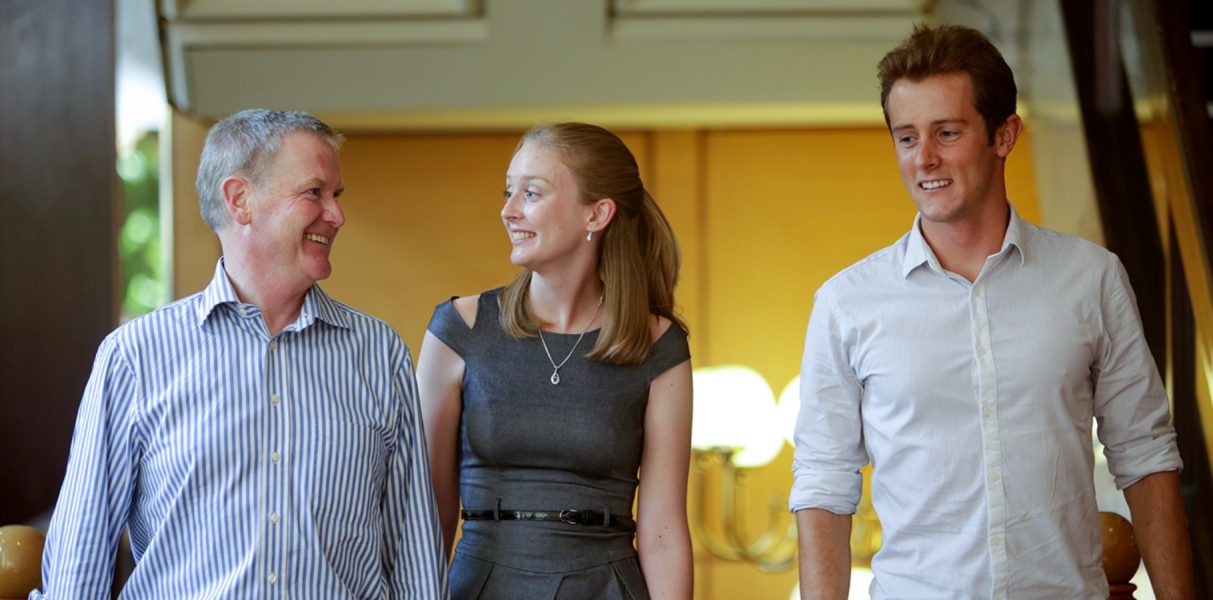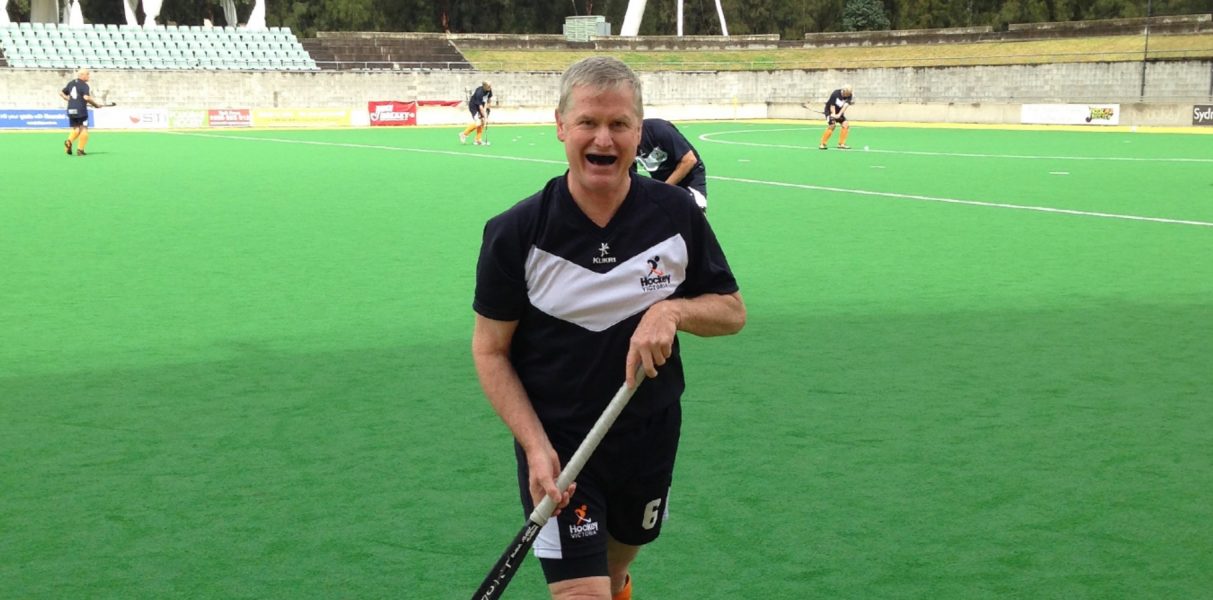Taylor Fry co-founder Martin Fry reflects on his life, work and the path ahead


After an eventful 43-year career, the past 19 at the company he co-founded, Principal Martin Fry is taking a hike. Literally. On the eve of his retirement at Taylor Fry, Elizabeth Finch sat down with Martin to look back on a lifetime of quiet achievement, his passionate aversion to hierarchy and the guru that inspires him to this day – as he prepares for a long, long walk into the sunset.
How did you know you were ready, that it was the right time to finish up?
I actually had no intention to retire, but a medical issue last year focused my mind and, once the decision was made, I began really looking forward to it. It’s almost like the last leg of a marathon, hoping I won’t collapse but will just make it over the line!
Back to the beginning, what was the impetus to start your own company?
Greg Taylor, whom I met when we worked together in the 1970s, and Alan Greenfield were the impetus. We had all felt some unhappiness working at big firms and realised this was partly due to spending more time in meetings and managing people than doing the actuarial work we loved. It was just a symptom of the normal pyramid structure, but it was our incentive, along with a real desire to build a place without internal competition and politics, where we could do good for our clients and compete only with our competitors.

Martin Fry in our Melbourne office
So we created a flatter structure, where we all had shareholdings at the start, sharing the risk. It was a great feeling of joint ownership and joint hope for success.
What were you hoping to achieve in starting a less hierarchical business?
Rather than a few partners making all the decisions, we wanted to make Taylor Fry more democratic, a workplace where everybody has a part to play, everybody is important and valued, and everybody has a voice. Not one person is dominant, bullying or driving it.
Do you think you succeeded?
Broadly, yes – more so than at any other place I’ve ever worked, especially at the bigger firms, where the culture was often to reward a few stars financially, based on personal performance.
It was very deliberate at Taylor Fry – Greg was very strong on this – that we should have no financial incentives to profit at the expense of others in the firm. We knew we risked losing the highfliers who might feel they could do better with an individual reward system at another firm, but that hasn’t happened.

Martin Fry with Jess Egan and Scott Duncan
We have brilliant people at Taylor Fry who are prepared to share the rewards of their efforts with others just for the good of the firm, and this inspires everyone. Most importantly, every person knows they’ll be treated fairly and there’s no reason for anyone to try to benefit at the expense of others. That’s a fundamental message to convey.
Over the years, did you have to compromise on your original ideals?
Absolutely. We were a bit naïve to think we could continue to grow and hold on to a flat structure, especially once we expanded into Melbourne and Wellington.
A few people wanted to stay small along the way, but you need to keep growing to give people a clear career path. For us, that’s always meant making decisions about expansion collaboratively, and by letting people know why we’re doing it and what we’re doing, rather than just imposing change.
Right from the start, we said everyone is entitled to know everything they want to know – all you have to do is ask. It’s difficult for a lot of the people we employ who are naturally introspective, so we continually reinforce the message in an encouraging way by giving them the opportunity to do it, so they feel more at ease.
What has been the best thing about owning your own business?
Feeling we’ve given people a worthwhile place to work, where their contribution is recognised and acknowledged. It’s partly enabled by our size – everyone knows it’s just the 75 of us. Maintaining the feeling that we’re all in it together – successes and failures – is vital because people really appreciate that sense of belonging. It’s going to be a challenge for us as we continue to grow. What will help is our hiring strategy – we always consider how a person will fit in with everybody else. It’s quite a unique outlook to be seeking people not only for what they can do but for who they are.
What do you think you’ve learned personally from this 19-year experience at Taylor Fry?
If you give people more responsibility than their level would normally dictate, they respond very well. I’ve found you shouldn’t necessarily treat people as juniors just because they’ve served only a couple of years of actuarial training.
People can grow into positions and you should always encourage them to stretch themselves as much as they can and not be content to just jog along and allow time to lift them up with promotions.
Who have been the mentors that helped shape the way you work?
I’ve had lots! But the strongest influence has been Greg Taylor. He has always been one of the gurus of the actuarial profession in Australia and I was always trying to live up to Greg’s expectations – I felt very much the junior partner, although he never lectured me. It wasn’t his style. He didn’t go as far as saying he was proud of me, either – it wasn’t that kind of dynamic – he was just very encouraging. We’ve always had an open relationship and it hasn’t been necessary to put into words what we think of each other – it’s simply mutual respect.
Whenever I had to make a judgment call, I’d think, what if I was stuck in the witness box like Greg for days? And, if I couldn’t justify it, I’d do more work until I could justify it.
Is there any intriguing anecdote you’d like to share about your time at Taylor Fry?
The most striking one I remember is about Greg and it has inspired me my whole life.
Back in the 1970s, FAI Insurance [bought by HIH in 1999 from controversial financier Rodney Adler and later embroiled in the HIH collapse*] had great difficulty renewing its insurance licence. On two occasions, the Insurance and Superannuation Commission (now APRA) refused its application and, each time, Greg appeared in court as an expert witness for the Commission.
During this period, Greg was grilled for two or three days straight by a battery of QCs about why FAI shouldn’t get its licence. And it was this appearance over those few days that left a lasting impression on me. He was always cautious and very professional but, after that grilling, he was absolutely methodical and impeccable about being able to justify every single actuarial opinion he gave. And that attitude stuck with me my entire career.
Whenever I had to make a judgment call, I’d think, what if I was stuck in the witness box like Greg for days? And, if I couldn’t justify it, I’d do some more work until I could justify it.
It has been incredibly useful to reflect on that experience – I tell it to all the young actuaries.
I’ve also given evidence now in several legal cases and in every single instance, the actuaries had a feeling in their bones they were being asked to do something wrong or illegal, but they did it anyway.
My advice has always been: if you ever reach the stage where something doesn’t feel quite right, picture yourself being quizzed by a really serious QC who’s trying to discredit you. Would you be able to stand up and say I did it for this reason and would it hold water? And if you can’t explain yourself honestly, you shouldn’t do it. Because I’ve seen the results of it and it’s catastrophic for the individuals involved.
*The HIH collapse is considered to be Australia’s largest corporate failure. It was the country’s second largest insurance company when it was placed into liquidation in 2001 with debts of about $5.3 billion. The resulting Royal Commission led to some of the management team going to prison, including HIH director Rodney Adler.
Given the ongoing Royal Commission into Misconduct in the Banking, Superannuation and Financial Services Industry, do you think increased regulation and legislation is inevitable in the future?
It’s inevitable, but not necessary. It’s a bit depressing we have to rely on black-letter law for regulation. We don’t seem to be able to rely on people doing the right thing. People know what’s ethical and what’s right and wrong. You can feel it. It can be within the black letter of the law but it’s still unsavory. And that’s sad.
Greg Taylor was inspiring on this subject. He is probably the most ethical person I have ever met. And fearless. If something was the right answer or the right thing to do, Greg would stick to it no matter what. To maintain that attitude and feed it down through the company as it grows is enormously important.
Being as ethical as you can is a long-term survival necessity, otherwise you just can’t sleep at night.
How, then, do you balance your personal ethics with the bottom line?
I don’t think we’ve ever lost any work by being too ethical. We’ve probably gained loyal clients by being ethical. We have many clients who have been with us for an awfully long time. There’s more upside than downside to being ethical, certainly over the long term.
Take the recent Royal Commission findings. Eventually, your chickens come home to roost.
Being as ethical as you can is a long-term survival necessity, otherwise you just can’t sleep at night, worrying you’re going to be found out. Everyone at Taylor Fry can probably sleep well at night.
Do you see the role of actuarial work changing in the future?
When I first began consulting in general insurance, there were only a handful of actuaries in Australia involved in narrow technical areas.
Nowadays, there are more than 2,000 actuaries in Australia and they are viewed much more as trusted advisers. Clients are saying, you’ve looked at all my information in detail, what business advice can you give me? Not just what’s the number at the end of the balance sheet? That’s a huge step forward.
And this will only increase. The area of data analytics and social work, like the social welfare work that Alan’s doing – it’s amazing. The changes in these areas, the reliance on analysis, on data, on analytics, has been a sea change in my working life.
Advances in technology will also continue to enable our work, especially in an environment where the pressure to complete work more quickly and accurately is greater than it used to be.
To retirement – how are you feeling about the prospect?
Excited! In the past few days, our third grandchild was born, and I’m excited about travelling. In June, I’m doing the Coast to Coast Walk in England from The Lakes District to Yorkshire, which is just the warm-up for a longer 800-kilometre walk in Spain, the Camino trail, across the Spanish countryside in 2019. It will take about three months all up. I’m actually a real history buff and my wife Rosemary shares the enthusiasm. We already have other plans for next year, too, a much longer trip taking in The War of the Roses and The Hundred Years’ War sites. A chance to really indulge our love of history will be great.
What will be on your mind as you wake up on your first day of retirement?
A jumble of things. In preparation for my long hike, I have a fitness regimen, so I’ll finish up on Friday 25 May and, on the Saturday, I’ll be up early and taking part in my usual weekly competitive run. I’ll probably be drinking water on my farewell night. Well … maybe not!

Martin Fry, outstanding in his field.
Lastly, what do see as your legacy? How would you like to be remembered?
When Greg left the firm, I was surprised how quickly he wasn’t missed. You always expect you’re integral to the firm, that there’ll be major disruptions when you go but Greg left with hardly a ripple. So the legacy I’d like to leave is that the firm has really good people who are capable of doing anything, without feeling constrained by anybody above them or below them in the age stakes or hierarchy or anything else. Better still is the day after you’re gone, you’re not missed. I think that’d be great!
Published 23 May, 2018
Enjoy this read? Take a look at our piece on Taylor Fry co-founder Greg Taylor
Want to know more about the history of Taylor Fry? Check out our About page
Recent articles
Recent articles
More articles

Taylor Fry boosts climate expertise
Climate and financial risk specialist Dr Ramona Meyricke rejoins our ranks to lead our climate practice, as we focus on meaningful solutions
Read Article

LA wildfires – implications for the upcoming Australian reinsurance renewals
What are the flow-on effects of the January LA wildfires in Australia?
Read Article





